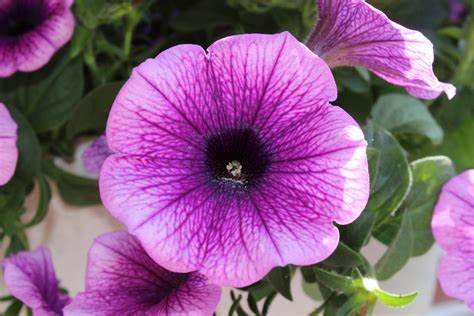Flowers, the vibrant and diverse offspring of nature, play a crucial role in the ecosystem. They are not just aesthetically pleasing but also serve as the reproductive structures of flowering plants, contributing to biodiversity.
Flowers have been symbols of emotions, ideas, and cultural practices across civilizations. They represent love, friendship, sadness, and even death, bridging gaps between human emotions and nature. The lotus in Buddhism symbolises purity, while red roses are universal tokens of love.
Flowers are vital for the survival of many species. They attract pollinators with their scent and colour, facilitating the transfer of pollen, thus ensuring the propagation of plant species. This interaction also supports food chains, contributing to overall biodiversity.
Flowers like chamomile, lavender, and marigold have medicinal properties and have been used in traditional medicine for centuries. They offer remedies for ailments ranging from insomnia to skin conditions, highlighting their significance in healthcare.
The floriculture industry contributes significantly to economies worldwide. Flowers are cultivated for decorative purposes, perfumery,and even the food industry. This sector provides employment opportunities and contributes to the GDP of many nations.
Flowers, in their silent beauty, play multiple roles – from being symbols of human emotions to being vital cogs in ecological cycles. Their importance transcends aesthetics, and their study can offer insights into nature’s intricate design, making them a fascinating subject for exploration.






